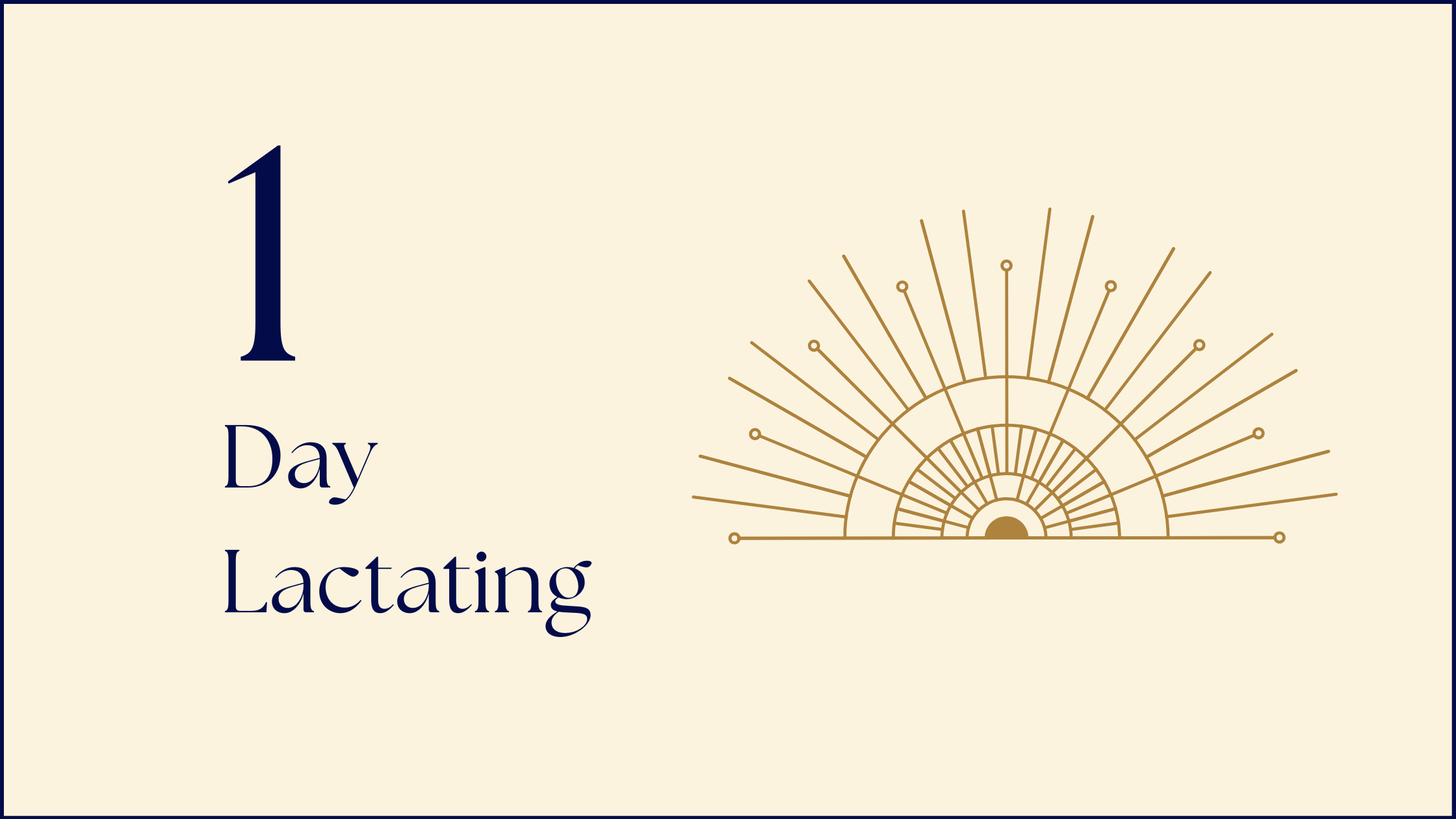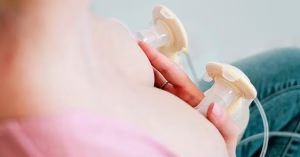The Importance of Early Nursing
Congratulations on the arrival of your precious babe! We are so happy to have you both here! Hopefully you two have already enjoyed your Golden Hour. The first hour after birth, often called the Golden Hour, is a critical time for bonding and establishing your breastfeeding journey. During this time, placing your baby skin-to-skin helps regulate their body temperature, heart rate, and breathing. It also stimulates their natural feeding reflexes, making it the ideal time to initiate the first latch.
Nursing or pumping within this first hour plays a vital role in establishing your milk supply. It signals your body to begin producing colostrum, a nutrient-dense and antibody-rich first milk that supports your baby’s immunity. This act also releases oxytocin, a hormone that helps your uterus contract, reducing bleeding and supporting postpartum recovery.
If you’re separated from your baby, hand express or pump as soon as possible to mimic the natural process. Early stimulation ensures your supply begins building even in challenging circumstances.
Signs of a Good Latch in the First Feed:
- Baby’s mouth covers most of the areola, not just the nipple.
- Lips are flanged outward (like fish lips).
- You may feel a gentle tug but no pinching or pain.
- You can hear or see your baby swallowing.
If you encounter any difficulties, don’t hesitate to ask a lactation consultant, nurse, or midwife for assistance. Support in these early moments makes all the difference.
Tips for You Today
- Prioritize skin-to-skin contact during the Golden Hour to strengthen your bond and stimulate feeding.
- Allow your baby to root and latch instinctively—nature is on your side.
- If nursing feels uncomfortable, reposition and try again, seeking help if needed.
- Celebrate this milestone—your body is nurturing your baby in amazing ways!
Fun Fact:
Human milk contains over 200 unique sugars known as human milk oligosaccharides (HMOs), which feed beneficial gut bacteria and promote a strong immune system.





